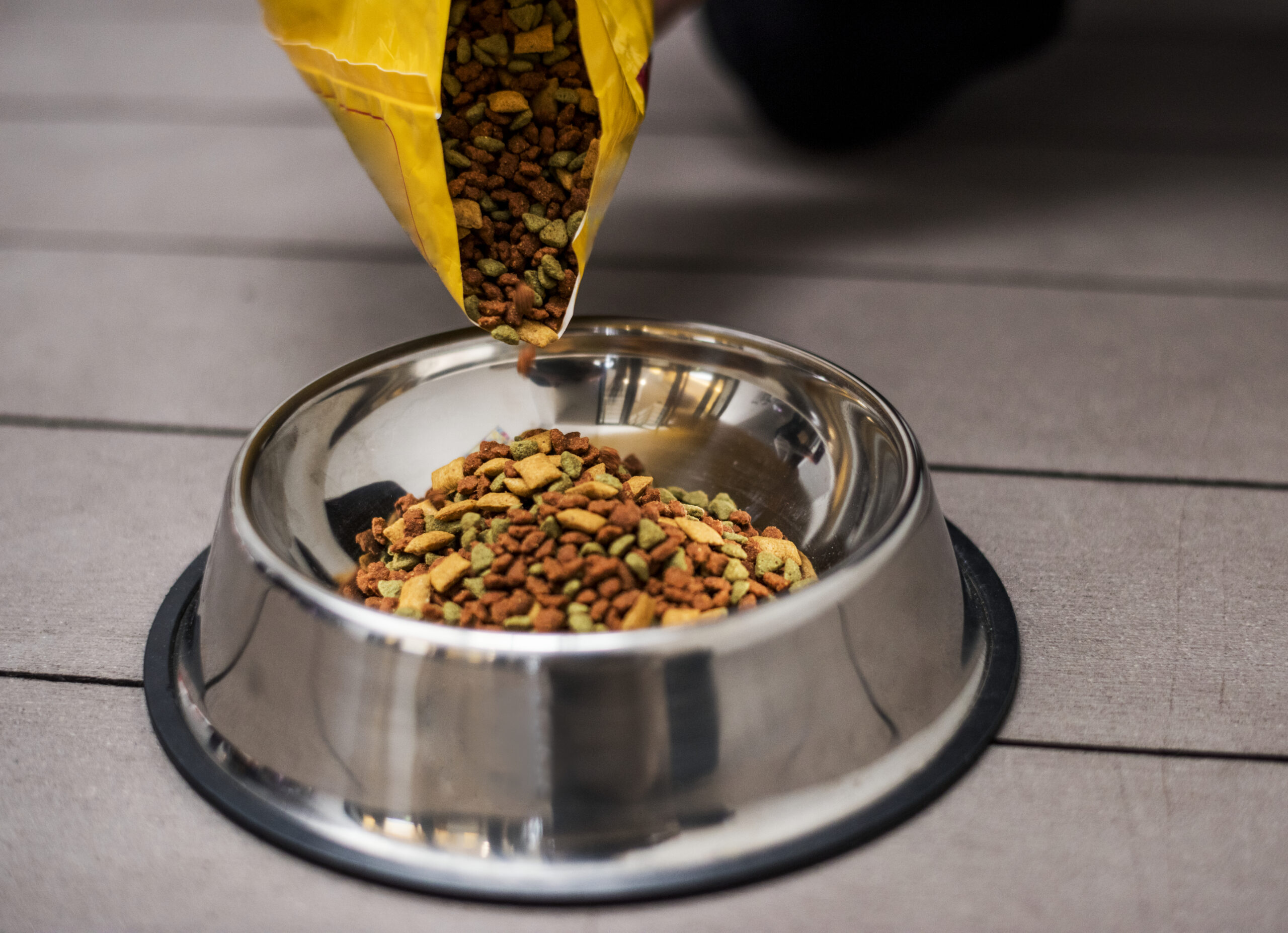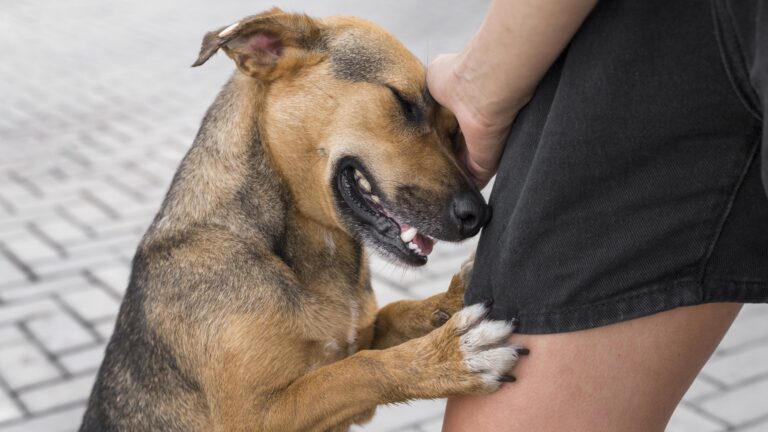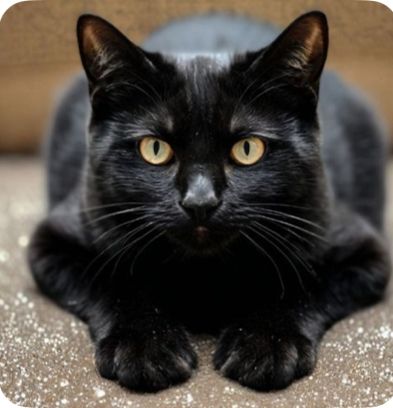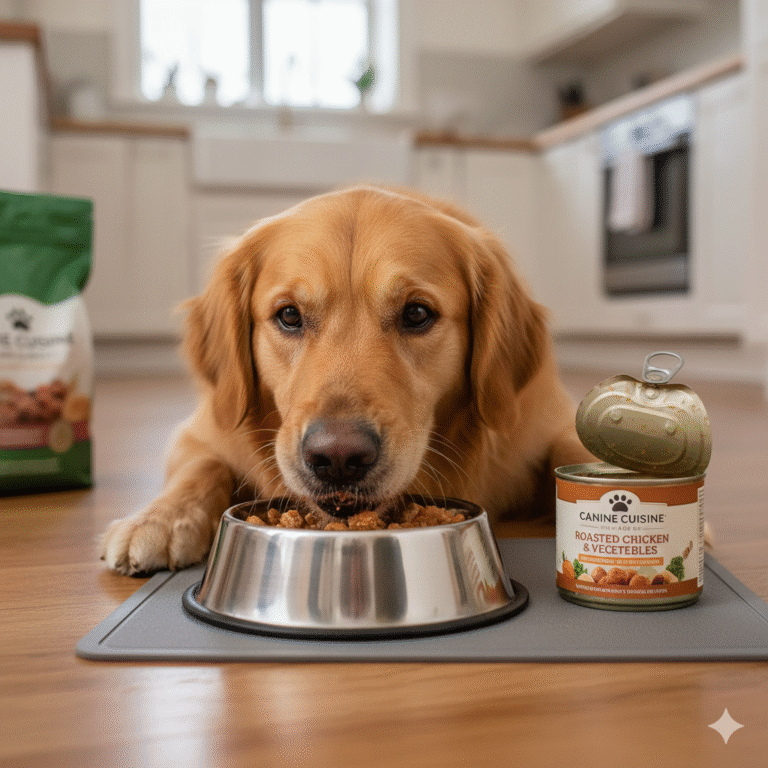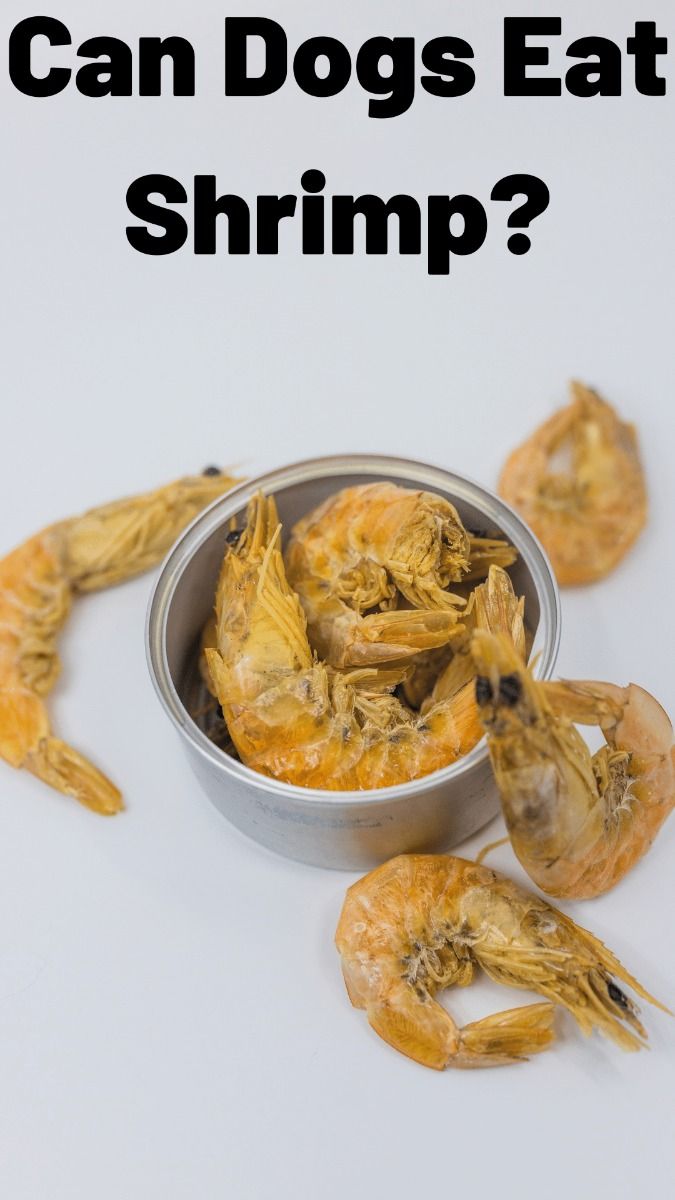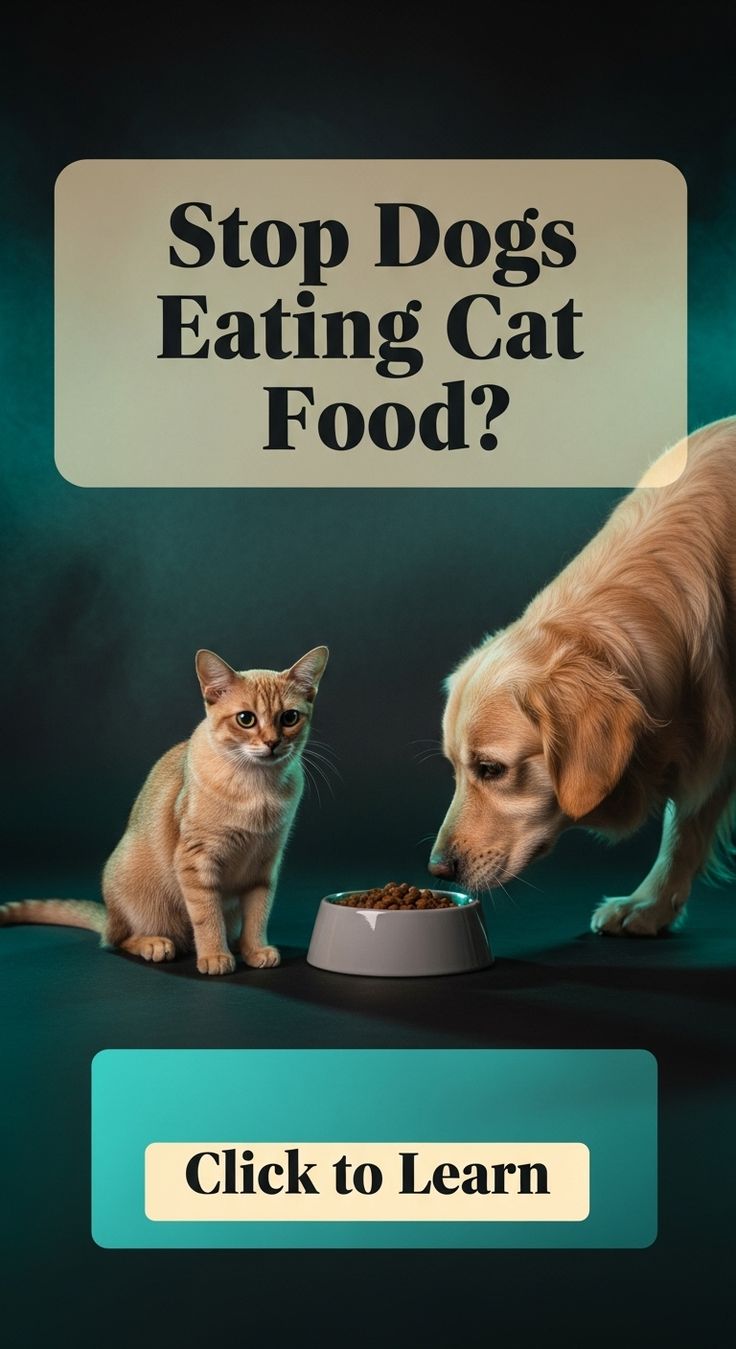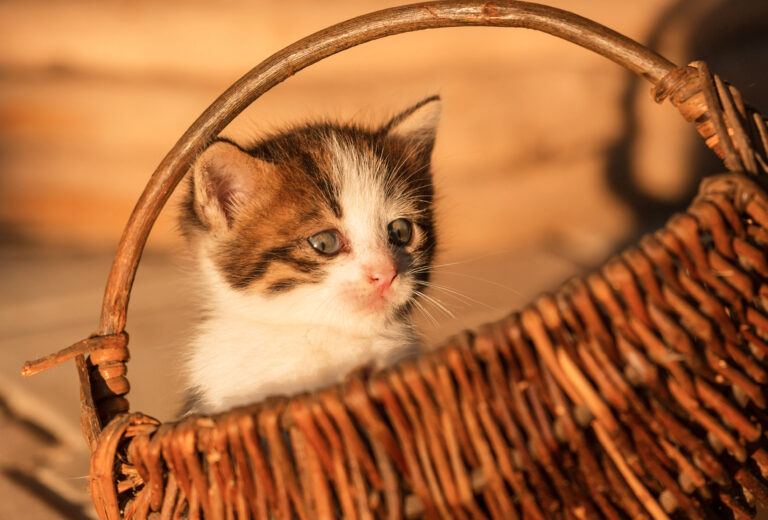15 Unsafe Foods for Dogs: Complete Toxic & Poisonous Food List Every Owner Must Know”
Unsafe foods for dogs is a serious risk that pet owners often overlook. What’s good for us can be dangerous for our dogs. Dogs metabolize food differently than humans. Certain ingredients can cause organ failure or death. The foundation of responsible pet care is identifying unsafe food for dogs.
Unsafe food for dogs goes beyond the common threats such as grapes and chocolate. Even everyday household items like onions, garlic and artificial sweeteners, can be harmful. Even seemingly harmless items like apple juice raise questions, such as Can dogs drink apple juice? Apples are healthy when they’re sliced and without seeds, but apple juice contains sugar and acidity. It is dangerous to add apple juice to the list Unsafe foods for Dogs.
Unsafe food for dogs may cause mild digestive problems, obesity, pancreatitis and kidney failure. In extreme cases, it can even lead to sudden death. You can protect your dog’s life by choosing healthy alternatives and avoiding harmful foods. This guide provides all the information that every dog parent should know about unsuitable foods for dogs. It includes expanded explanations and lists, as well as FAQs and healthier alternatives.
Can dogs have apple juice is one of the most common questions pet owners ask when they want to share their favorite drink with their furry companion. The simple answer is yes, dogs can technically drink apple juice in very small amounts, but it is not recommended as a regular part of their diet. While apples themselves are safe and even healthy for dogs due to their fiber, vitamins, and hydration benefits, apple juice often contains added sugars, preservatives, or artificial flavors that can harm your dog’s digestive system. Even natural apple juice without additives is high in natural sugars, which can upset your dog’s stomach, lead to obesity, or even cause long-term health issues if given frequently. So, if you are wondering can dogs have apple juice as a safe treat, the best approach is to avoid store-bought varieties and instead offer fresh apple slices or diluted, sugar-free juice in moderation.
1. Knowledge is Power: Unsafe Dog Foods and Why It Matters

It is important to understand unsafe foods for dogs because many health problems can be prevented with the correct knowledge. Many dogs are able to access unsafe food items through stealing, scavenging, or stealing off countertops.
You can protect your dog’s internal organs and prevent sudden toxicity by recognizing unsafe foods for dogs. Your dog’s health and safety are best protected by knowledge.
10 Reasons why it is important to know the dangers of feeding dogs unsafe food:
- Prevents fatal poisoning.
- Reduces expensive vet emergencies.
- You can extend the life of your dog.
- Obesity-related issues should be avoided.
- Stops digestive upset like diarrhea.
- Protects vital organs such as the kidney and liver.
- Reduces the risk of long-term disease.
- Train with safe and effective training treats
- Owners can enjoy peace of mind.
- Promoting overall well-being.
2. Unsafe Dog Foods: Common household items that harm dogs

You probably have many unsuitable foods for dogs in your home. Dogs will eat anything they can find. The list includes chocolate, grapes and onions.
Food left on counters, or in places that are easy to reach, increases the risk of accidental poisoning. Pet parents need to be proactive in their storage practices and not leave dangerous items unattended.
10 household foods that are harmful to dogs:
- Chocolate (all kinds)
- Grapes and raisins
- Onions.
- Garlic.
- Coffee and tea.
- Alcohol.
- Macadamia nuts.
- Xylitol is a sugar substitute.
- Leftover fatty scraps
- Salty processed snacks
3. Apple juice: Is it safe for dogs to drink?
Can dogs drink apple juice? shows how some foods are misleading. Apples are healthy for dogs if they’re sliced and without seeds, but apple cider is not. The majority of commercial juices are sweetened with sugar and preservatives. Some even contain artificial sweeteners. Apple juice becomes one of the unsuitable foods for dogs when these ingredients are added regularly.
Even homemade apple cider isn’t the best choice, because its high sugar content can cause digestive problems, increase obesity risk, and damage your teeth. Fresh, clean water is the best hydration option for dogs.
10 reasons why apple juice is not good for dogs:
- Obesity is caused by sugar.
- Can trigger diabetes.
- Acidity can cause stomach irritation.
- Often contains preservatives.
- May contain xylitol, a toxic substance
- Provides little nutrition.
- Excessive diarrhea is a symptom.
- It encourages unhealthy cravings
- May damage dental enamel.
- Fresh (seedless), un-seeded apples are best.
4. Unsafe Dog Food: Fruits that are Dangerous

Some fruits are not safe for dogs. Some fruits are unsafe for dogs because they contain seeds, pits or toxic natural chemicals. Grapes and raisins can cause kidney failure. Citrus fruits such as cherries and avocados can also be dangerous.
Pets should never be given these fruits, as they can cause severe organ damage and anything between mild stomach upset and severe stomach problems.
10 dangerous fruits for dogs
- Grapes.
- Raisins.
- Cherries.
- Citrus fruits.
- Persimmons.
- Avocado.
- Currants.
- Plums.
- Apricots.
- Unripe tomatoes.
5. Vegetables that are not safe for dogs

Despite the fact that many vegetables are nutritious, some fall under unsuitable foods for dogs. Alliums (onions and garlic, leeks and chives) can damage red blood cells, leading to anemia. Mushrooms can contain neurotoxins while raw tomatoes and potatoes have solanine which is harmful.
Avoid feeding the vegetables either raw or cooked.
10 unsafe vegetables for dogs:
- Onions.
- Garlic.
- Leeks.
- Chives.
- Raw potatoes
- Green tomatoes.
- Wild mushrooms
- Eggplant.
- Raw cabbage (excessive).
- Spinach (excessive).
6. Unsafe Dog Food: Dairy products that cause issues
Even though some dog owners believe that milk and cheese are harmless, they can be unsuitable foods for dogs. The majority of dogs are lactose-intolerant, which means they lack enzymes required to digest lactose. Bloating, diarrhea and abdominal pain are the result.
Obesity and pancreatitis can be caused by high-fat dairy products.
10 dangerous dairy products for dogs
- Whole milk
- Cream.
- Butter.
- Ice cream.
- Cheese (high-fat varieties)
- Sweetened yogurt
- Condensed milk
- Milkshakes.
- Flavored dairy beverages
- Whipping cream
7. Caffeine and chocolate are toxic to dogs
Caffeine and chocolate are two of the most dangerous foods for dogs. Theobromine and coffee in chocolate can overstimulate a dog’s nervous system. Even small amounts can cause vomiting, tremors, and seizures. Dark chocolate is most toxic. Milk chocolate, then white chocolate are next.
The caffeine in energy drinks, coffee, and tea all pose similar dangers.
10 dangers of chocolate/caffeine to dogs:
- Dark chocolate is highly toxic.
- Milk chocolate is still harmful.
- White chocolate with high fat content
- Restlessness is a common cause of restlessness.
- This can cause rapid heartbeat.
- Triggers seizures.
- Can cause collapse
- Risk of kidney and liver failure
- Small doses can be deadly
- There is no safe level of consumption.
8. Alcohol and fermented products are toxic to dogs
Alcohol is extremely toxic, and one of the most harmful foods that dogs should not eat. Even small amounts of alcohol, such as beer, wine or liquor, can lower blood sugar and depress the nervous systems.
Fermented products, such as yeast dough, also release carbon dioxide and alcohol. This can lead to bloating or intoxication.
10 items that are dangerous for dogs if they drink alcohol:
- Beer.
- Wine.
- Whiskey.
- Vodka.
- Rum.
- Alcohol-based syrups.
- Fermented bread dough.
- Champagne.
- Cocktails.
- Kombucha.
9. Unsafe Dog Foods: Junk food and processed snacks
Most junk foods qualify as unsafe foods for dogs. These foods are high in fat, sugar, salt and artificial flavors. Even small amounts of processed foods can cause obesity, vomiting or pancreatitis in dogs.
Pet owners should never feed their pets packaged or fast food.
10 dangerous junk foods for dogs
- French fries
- Pizza.
- Fried chicken.
- Onion rings
- Hamburgers.
- Potato chips.
- Pretzels.
- Cookies.
- Sweet candy
- Popcorn with butter.
10. Artificial sweeteners are dangerous for dogs.
Xylitol is a sugar substitute that can be dangerous for dogs . Sugar-free products contain xylitol, which causes rapid insulin release and dangerously low blood sugar levels. Even small amounts can cause seizures or liver damage.
10 products containing xylitol that are harmful to dogs:
- Sugar-free gum.
- Sugar-free candy.
- Sugar-free cookies.
- Protein bars.
- Peanut Butter with xylitol
- Chewable vitamins.
- Mouthwash.
- Toothpaste.
- Baked goods
- Diet sodas.
11. Unsafe Dog Foods: Raw Meat and Bones
While the raw diet is trendy, raw bones and meat can be unsuitable foods for dogs. Cooked bones can easily splinter, leading to choking or internal injuries. Raw meats may contain bacteria such as Salmonella, or parasites which can be harmful to both humans and dogs.
10 dangerous bones/meats that dogs should not ingest:
- Chicken bones that have been cooked.
- Cooked pork bones.
- Beef bones that have been cooked.
- Raw salmon
- Raw pork.
- Meat that has been spoiled.
- Hot dogs.
- Sausages.
- Deli meats
- Bacon.
12. Nuts, seeds and other foods that are not safe for dogs
Many nuts contain toxic compounds and high levels of fats, which makes them unsuitable for dogs. Macadamias are especially lethal and can cause paralysis and tremors. Salty seeds can also disrupt sodium balance.
10 Nuts/Seeds that are not safe for Dogs:
- Macadamia nuts.
- Walnuts.
- Pecans.
- Pistachios.
- Almonds.
- Pine Nuts
- Cashews in large quantities
- Sunflower seeds (salted)
- Pumpkin seeds (seasoned)
- Nut butters containing xylitol.
13. Drinks other than water are not safe for dogs.
Water is all dogs need. All other drinks are unsuitable for dogs. Caffeine, sugar or acids are present in coffee, tea, sodas and energy drinks. Fruit punches and juices also contain caffeine.
Sugar and preservatives are present in even natural juices such as apple juice.
10 unsafe drinks for dogs:
- Coffee.
- Tea.
- Soda.
- Energy drinks.
- Sports drinks.
- Milkshakes.
- Alcohol.
- Flavored waters
- Fruit juices.
- Apple juice
14. Spices and seasonings are dangerous for dogs
Spices are unsuitable for dogs. Salt, nutmeg and onion powder are poisonous. Spicy seasonings can cause digestive problems and irritate your stomach.
10 dangerous spices for dogs:
- Salt.
- Pepper.
- Nutmeg.
- Onion powder
- Garlic powder
- Chili powder.
- Curry spices
- Mustard seeds
- Paprika.
- Clove.
15. Unsafe Dog Foods: Alternatives that are Safer to Feed Instead
Replace them with healthy, safe alternatives. Fruits, vegetables and lean protein are excellent substitutes. These alternatives will keep your dog healthy and happy, without putting their health at risk.
10 safe alternatives for dogs:
- Carrots.
- Blueberries.
- Watermelon without seeds.
- Bananas.
- Apples (seedless sliced).
- Green beans.
- Cooked Chicken
- Plain rice.
- Dog-safe biscuits.
- Pumpkin puree
FAQs on Unsafe Foods for Dogs
Q1. Why are grapes dangerous for dogs?
Grapes are one of the most dangerous foods for dogs because even a small number can lead to sudden kidney failure. The toxic substance in grapes is still unknown, but research shows that some dogs react severely after just a few bites. Symptoms include vomiting, diarrhea, dehydration, abdominal pain, and loss of appetite within hours of ingestion. Since grapes and raisins are extremely unsafe foods for dogs, it is best never to feed them in any form, whether raw, dried, or cooked.
Q2. Can dogs drink apple juice without harm?
Apple juice may seem harmless, but it is actually an unsafe food for dogs when consumed regularly. Store-bought apple juice is high in sugar and acidity, which can upset your dog’s stomach, cause diarrhea, and contribute to obesity or diabetes over time. Even natural apple juice lacks the fiber that makes apples safe in moderation. Instead of giving your pet fruit juices, stick to fresh water and occasional pieces of raw apple (without seeds), as apple seeds contain cyanide which is another dangerous food for dogs.
Q3. Is chocolate harmful to dogs?
Chocolate is one of the most well-known dangerous foods for dogs. It contains theobromine and caffeine, both of which dogs cannot metabolize properly. Dark chocolate and baking chocolate are the most toxic, but even milk chocolate can cause problems. Depending on the quantity consumed, chocolate poisoning in dogs may lead to vomiting, diarrhea, rapid heartbeat, tremors, seizures, and in severe cases, death. Since chocolate is highly unsafe for dogs, you should keep all types of it out of reach, including chocolate-flavored desserts.
Q4. Why is onion harmful to dogs?
Onions, along with garlic, leeks, and chives, are unsafe foods for dogs because they contain compounds called thiosulfates. These compounds damage red blood cells, leading to hemolytic anemia. Symptoms of onion poisoning include weakness, lethargy, reduced appetite, pale gums, and even collapse in severe cases. Cooked, raw, powdered, or even onion-containing foods like soups and sauces are equally dangerous foods for dogs. Avoid feeding your pet any meal seasoned with onions.
Q5. Are nuts toxic to dogs?
Yes, several nuts are considered unsafe foods for dogs. Macadamia nuts, for example, are extremely toxic and can cause vomiting, muscle weakness, tremors, and hyperthermia. Walnuts and pecans may also cause digestive upset and contain mold toxins harmful to dogs. While some nuts like peanuts are less harmful, their high fat content can still lead to pancreatitis if consumed often. Because of these risks, nuts in general fall under the list of dangerous foods for dogs and should be avoided as treats.
Q6. Why is xylitol an unsafe food for dogs?
Xylitol, a common sugar substitute found in sugar-free gum, candies, baked goods, and even some peanut butters, is one of the most dangerous foods for dogs. When dogs eat xylitol, it triggers a rapid release of insulin, causing a dangerous drop in blood sugar (hypoglycemia). Symptoms like weakness, vomiting, tremors, seizures, and collapse can occur within 30 minutes. In larger amounts, xylitol may also cause liver failure, which can be fatal. Because of these risks, always check ingredient labels and avoid products containing xylitol.
Q7. What about cooked bones as unsafe dog food?
Cooked bones are among the unsafe foods for dogs because they become brittle and splinter easily. When chewed, these sharp fragments can cause choking, puncture the stomach or intestines, and even lead to internal bleeding. Raw bones may be safer in some cases, but they too carry risks of bacteria such as Salmonella. Safer chew alternatives include dental sticks, specially designed bone toys, or rawhide-free chews that won’t shatter like cooked bones.
Q8. Unsafe foods for dogs – can dogs drink milk?
Milk and other dairy products can be unsafe foods for dogs, especially if they are lactose-intolerant. Many dogs lack the enzyme lactase needed to properly digest lactose, leading to bloating, gas, and diarrhea. While a small amount of plain yogurt or cheese may be tolerated, large amounts of milk are considered a dangerous food choice. If you want to give your dog a creamy treat, opt for lactose-free dog-safe alternatives instead of cow’s milk.
Q9. Why avoid spicy foods when feeding your dog?
Spicy foods are unsafe for dogs because their digestive system is not designed to handle hot spices like chili, pepper, or garlic seasoning. Eating spicy food can cause irritation of the stomach lining, leading to vomiting, diarrhea, excessive thirst, abdominal pain, and long-term gastrointestinal problems. In severe cases, spices may also damage the pancreas. Since spicy meals are dangerous foods for dogs, it is always best to keep their diet bland and simple, avoiding human-seasoned dishes.
Q10. What are some alternatives to unsafe treats for dogs?
Instead of feeding your pet dangerous foods, there are many safe and healthy alternatives. Carrots, blueberries, cucumbers, pumpkin, watermelon (seedless), and plain rice are great natural treats that provide vitamins and hydration without harming your dog. Lean cooked meats, dog biscuits made from safe ingredients, and commercial treats labeled “dog-safe” are better options. By replacing unsafe foods for dogs with nutritious alternatives, you can protect your pet’s health while still giving them tasty rewards.
The conclusion of the article is:
Unsafe food for dogs can cause serious health problems, from mild discomfort to death. Some dangers, like grapes and chocolate, are well-known, but others, such as apple juice, xylitol and processed snacks, are often overlooked. Understanding which foods are classified as unsuitable foods for dogs will help you make an informed decision and keep your pet safe.
Can dogs drink apple juice? shows how certain foods can be misleading. Apple juice is not one of the foods that are harmful to dogs. It’s on a list with alcohol, caffeine and bones.
To protect your dog, you must be vigilant, offer safe alternatives and consult your veterinarian if in doubt. A diet that is free from unsuitable foods for dogs can
